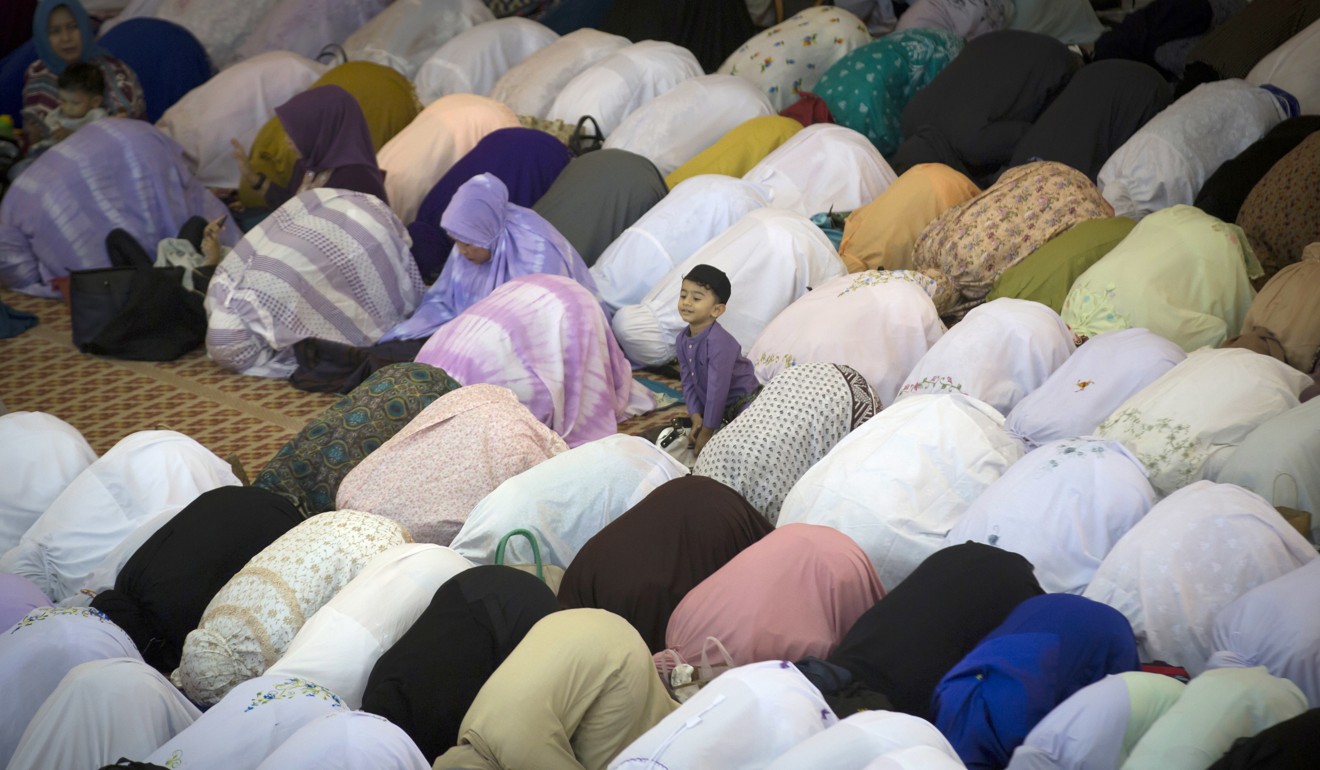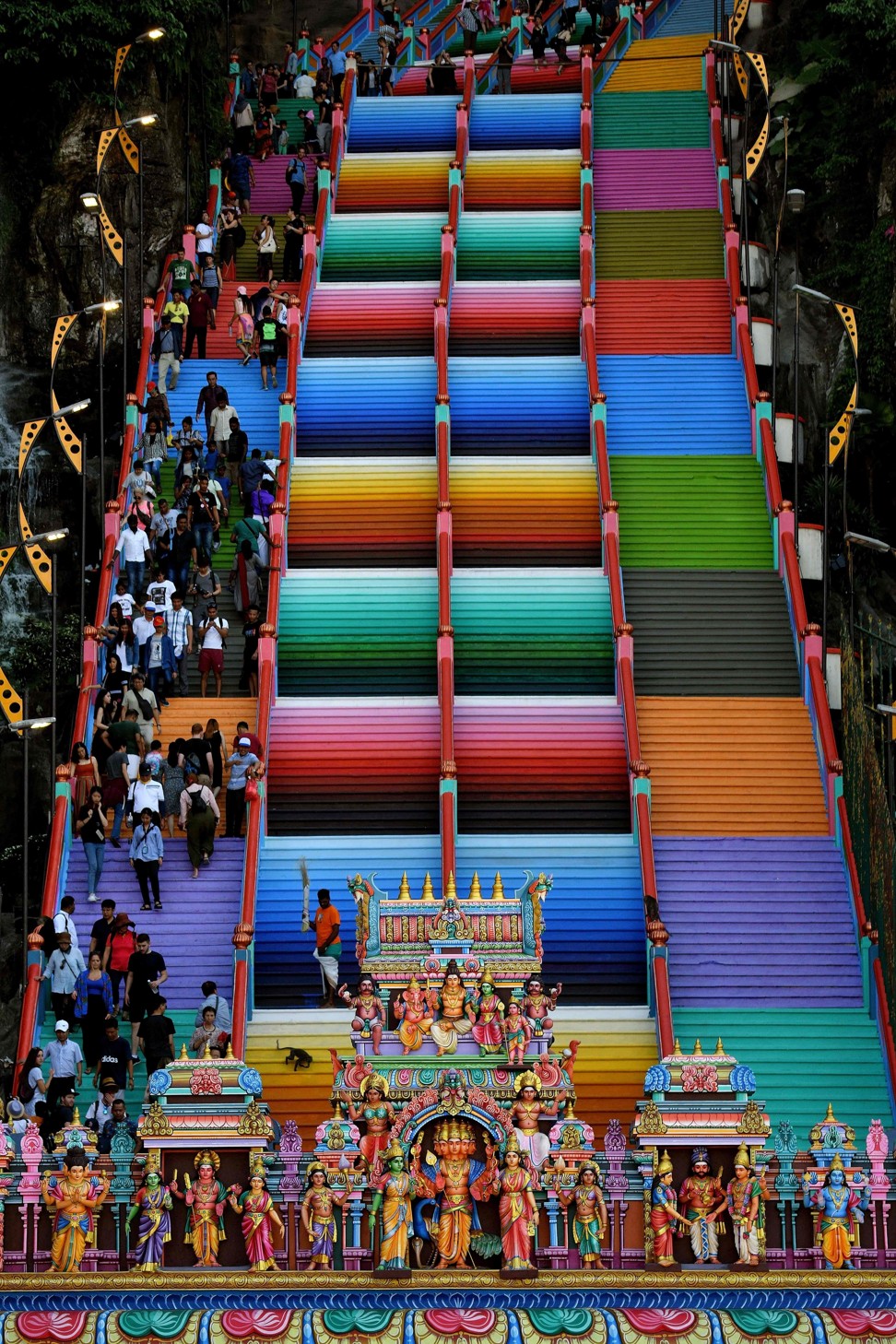
How Malaysia can overcome identity politics and create inclusive growth amid diversity
Andrew Sheng says on the 55th anniversary of the formation of the Federation of Malaysia, the country must grapple with channelling its diversity into building an inclusive knowledge society
Was it only 55 years ago when the Federation of Malaysia was formed on September 16, 1963? On that day, I was super proud to witness at the parade ground in Jesselton (today Kota Kinabalu) the formation of an independent nation, with Sabah and Sarawak joining the 11 states of Malaya. One forgets easily today that it was a time of grave uncertainty, when the Philippines had a claim on North Borneo and Indonesian president Sukarno was actively against the idea of Malaysia.
When a country is in its middle age, its citizens could be forgiven for reflecting on those golden days when we did not think we were just Malays, Chinese, Indians, Kadazans, Ibans or Orang Asli. We were simply Malaysians, proud to be rid of colonialism and eager to form a unified, independent nation.
Economically, Malaysia has become, according to McKinsey Global Institute, one of seven “outperformers” that have achieved real per capita gross domestic product growth of more than 3.5 per cent annually for the past 50 years. The other six are China, Hong Kong, Indonesia, Singapore, South Korea and Thailand.
But globalisation has also created inequality, particularly between rural and urban dwellers. Malaysia was one of the first countries to tackle inequality seriously. The New Economic Policy was a pioneering effort to narrow the economic and wealth gap. The policy succeeded in creating a Bumiputra professional class, but it has not succeeded so far in creating a Bumiputra entrepreneurial class.

The dilemma is that entrepreneurship cannot be nurtured politically, because cronyism overwhelms entrepreneurship. And without entrepreneurship at all levels to generate inclusive income and wealth, inequality will persist.
Entrepreneurship cannot be nurtured politically, because cronyism overwhelms entrepreneurship
Fukuyama pointed out that multiculturalism “has become a vision of a society fragmented into many small groups with distinct experiences”. The more specialised we become by profession, creed or religion, the more we break up into pockets that do not talk to each other, even when we use the same language. This is true not only in the United States, but almost all across the world.
The central challenge, in Malaysia as in the rest of the world, is “how to define larger and more integrative national identities that take into account the de facto diversity of liberal democratic societies”.
Because Malaysia is both diverse culturally, religiously and ethnically, as well as connected globally, the quality of education has been seriously debated, since education also shapes identity.
The willingness to accept failure and yet protect the needy is not just an economic issue, but also a moral and political imperative
To progress, education and re-skilling – how our citizens are equipped for the modern age – will determine what management theorist Peter Drucker called a “knowledge society”. Competitive knowledge defines future growth and prosperity, not the colour of students’ shoes – which the new minister of education chose to focus on.
To Drucker, “the knowledge society, by definition, is a competitive society, with knowledge accessible to everyone”. But widespread knowledge means that aspirations as well as frustrations increase simultaneously. Polarisation occurs precisely because not everyone has benefited from the “knowledge age”.
Success through entrepreneurship comes first from failures. Thus, the willingness to accept failure and yet protect the needy is not just an economic issue, but also a moral and political imperative. How to do this has been the fundamental challenge of building an inclusive yet prosperous society.

Traditionally, the state or the firm have taken care of the social good. But with the rise of free market capitalism, most companies pay lip service to their social responsibilities, focusing mainly on their bottom line. Furthermore, increasing the size of the bureaucracy not only does not deliver the expected quality of social services, but also becomes a source of corruption.
Drucker suggested we need a social sector that enables individuals to help contribute to society through the sphere of community service. What he means is that a community cannot be an artificial concept, but requires all of us to work together daily to solve common problems, not delegate them to another government agency or hope that profit-oriented companies will take care of them for us. That means growth will come from experimental diversity, not from centralisation.
Because Malaysia is a federation, the centralisation of powers has not solved many of the complex problems at the local level. What is needed is more delegation of powers, allowing different communities to experiment.
Watch: Mahathir Mohamad elected prime minister of Malaysia
How the nation will celebrate its 60th birthday depends much on how Mahathir steers Malaysia to set his legacy straight. That is the true Malaysian dilemma.
Andrew Sheng writes on global issues from an Asian perspective


